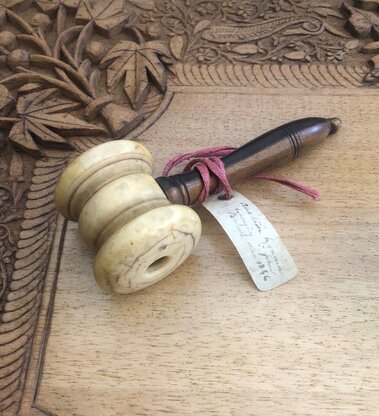Among the directions in which research for Bonaparte & Brimstone took me, one of the most unexpected was into the murky world of Georgian politics. The book includes the story of a riot in the build-up to the 1820 general election, during which John Monk prevented a candidate from being thrown to his death from Chester’s Old Dee Bridge. It was a dramatic example of how fractious elections had become at this time, although other stories I uncovered played out on a more domestic level.
The city of Chester held two seats in Parliament, held unopposed for much of the eighteenth century by the aristocratic Grosvenors of Eaton Hall or their immediate family. It was democracy of sorts, but the system had evolved to maintain the status quo. Chester’s two MPs were elected by approximately 1,700 freemen, who in turn were appointed by an Assembly, over which the Grosvenors also had influence. As the Industrial Revolution gathered momentum, the Grosvenors’ political dominance began to be challenged. From 1784, candidates representing the city’s mercantile and manufacturing interests began to stand as Independents, the most prominent of whom were the Egerton family. The wealthiest and the poorest freemen tended to support the Grosvenors, whereas the rising middle class of retailers and craftsmen increasingly backed the Independents. Elections were fiercely contested and both sides employed dubious tactics. On polling days, both parties invited eligible freemen to gather in pubs and took them by carriage to the polling station, before handing out a voucher for dinner and two gallons of beer.
When John Monk’s sister Ann married auctioneer John Brown in 1812, it brought her into the fold of the Browns of Chester, a family of commercial and political influence. Her husband John was one such freeman of the city and, before the 1826 election, John announced his intention to cast his vote for the Grosvenors. It was a decision which made sound business sense for him personally but caused a bitter rift between Ann and her Monk siblings, who had generally aligned with the more progressive Independents. The emotional response from those around him suggests that, as one of the few entitled to vote, how John Brown used his vote was considered by some to be a family decision.
It’s always a treat to find the same event described by different people in different letters, as so often there is one record only, and often then a second-hand reaction to something someone else has said or done. In this instance, it is John and Ann’s son William Brown and Ann’s brother Joseph Monk who helpfully provide the details:
William Brown was a boy of ten at the time, but the memory of the 1826 election stayed with him, as he recalled in a letter sixty years later. It is clear that his father, John, had made his intentions known before polling day and that heated discussions had already ensued:
I remember as if yesterday, the heat of the day and how our mother sat shaking while the yellow paper in the then large parlour cracked and rent. It was on a Friday, the last day for polling. Our father had been absent and all wished he might remain away, but I see him now, driving between the Pits in his gig, and remember how glad I was to see him, for now he would vote.
“I remember as if yesterday, the heat of the day and how our mother sat shaking while the yellow paper in the then large parlour cracked and rent. It was on a Friday, the last day for polling. Our father had been absent and all wished he might remain away, but I see him now, driving between the Pits in his gig, and remember how glad I was to see him, for now he would vote.”
Ann’s sister Elizabeth was particularly horrified at her brother-in-law’s apparent unprincipled self-interest. Their brother, Joseph, described the falling-out in a long gossipy letter to their sister Nessie in 1826, and took a more pragmatic view:
I wish John would take a little more care of himself. He has a large family but he’s like his old father. Poor Eliza would not allow the children to come and see them at their new house or speak to Ann on account of John voting against the Egertons, but it was the best thing he ever did in his life, for he gets all the business in Chester by it and his Chester friends said he could not have done better for he had a large family to keep.
Looking at the frequent advertisements for John’s auctions in the Chester Chronicle, his business certainly seems to have thrived, although whether this was helped by his political affiliations, as Joseph had suggested, is harder to answer.
After a decade of fractious elections during the 1820s, Earl Grosvenor announced in 1829 that he would no longer seek to nominate both MPs, and in 1830 relative calm returned as a Grosvenor and an Egerton were returned together.
Note: A good write-up of the English election system at this time appears in David Cordingly’s book, Cochrane the Dauntless, about his subject’s venture into politics.
